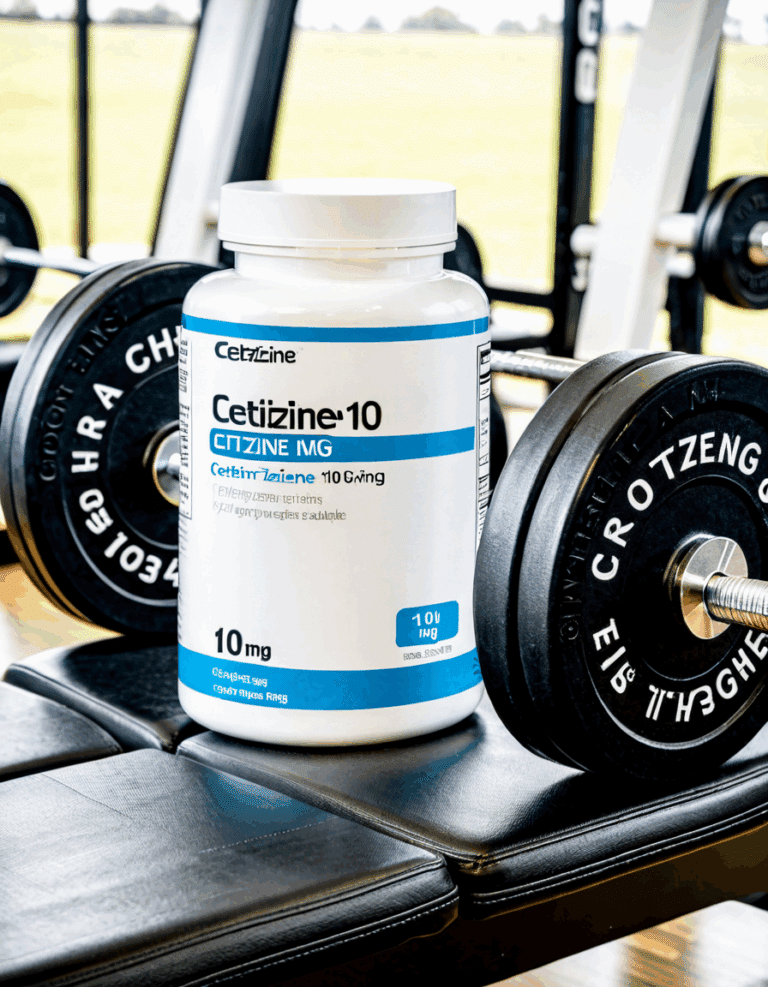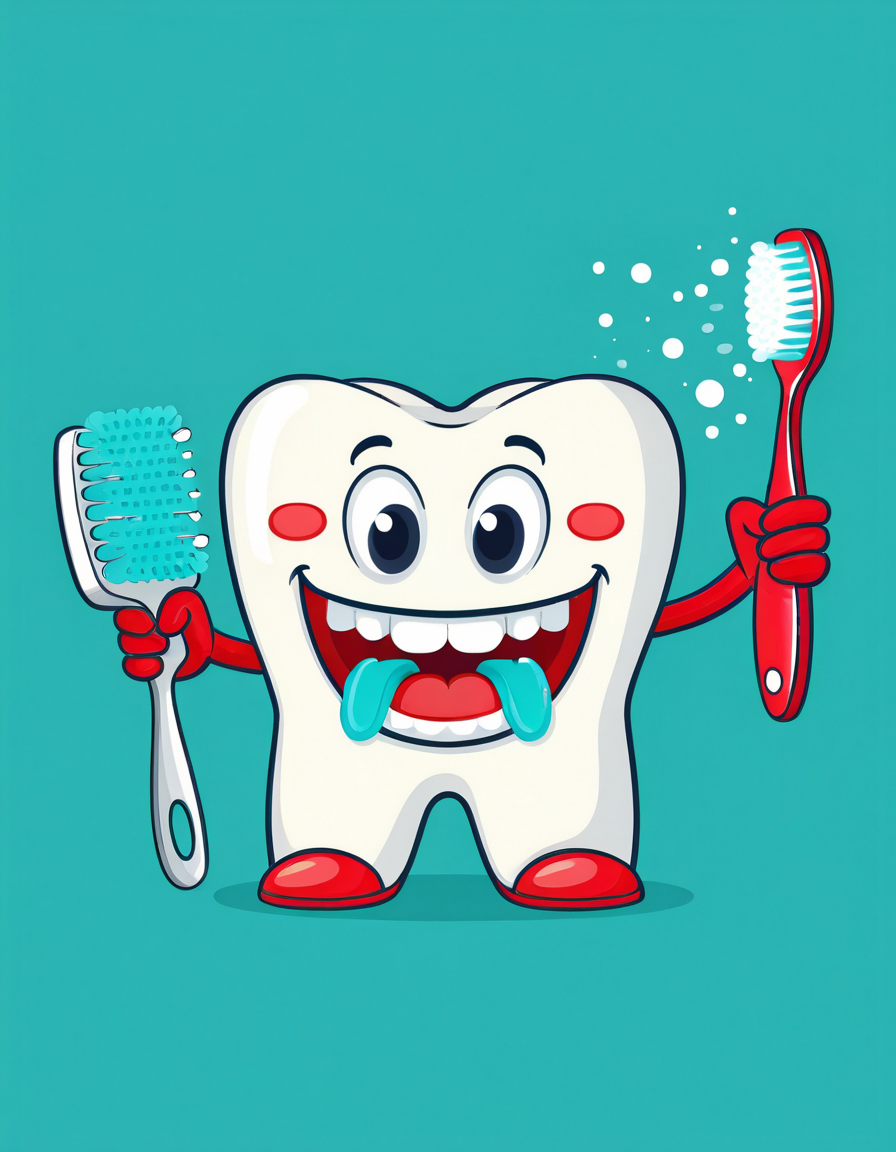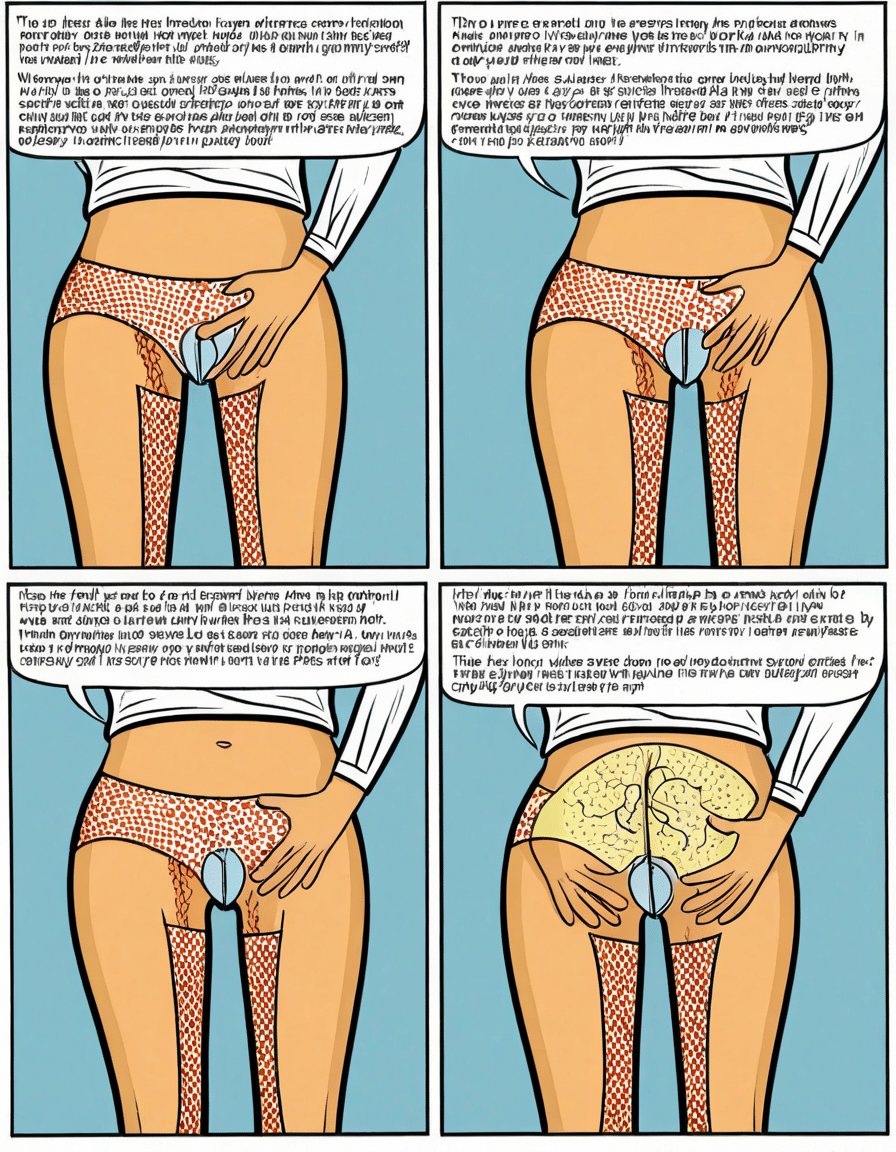When it comes to nutrition, we often hear about vitamins A, C, and D, but let’s shed some light on thiamine deficiency. Often overlooked, thiamine, or Vitamin B1, is a crucial part of our diet that plays a significant role in energy metabolism and ensuring our nervous system runs smoothly. This vitamin is essential for converting food into energy and is instrumental in maintaining overall health. However, thiamine deficiency can lead to severe health issues that nobody wants to face. So let’s dive into the hidden risks of ignoring this vital nutrient.
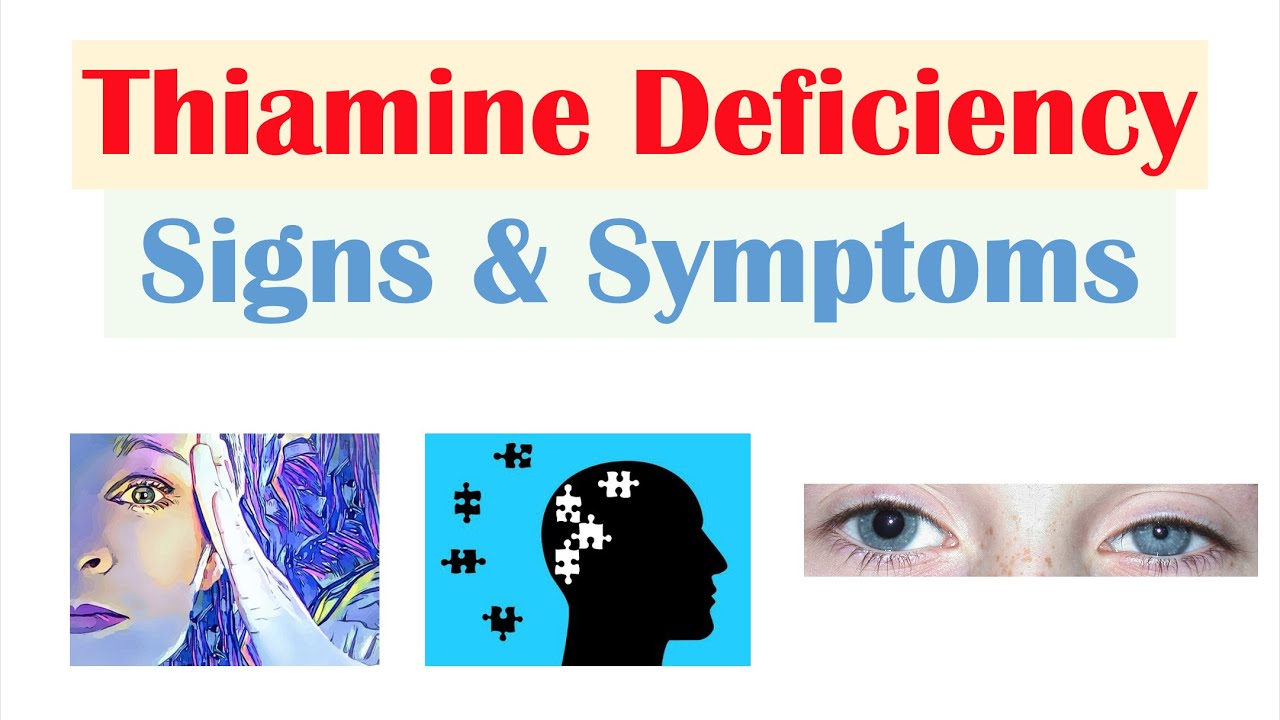
1. The Hidden Risks of Thiamine Deficiency
Thiamine deficiency often slides under the radar, yet its impact can be devastating. Not getting enough thiamine can disrupt various bodily functions and lead to serious conditions that affect your quality of life. Think about it: when your body lacks essential nutrients, it can throw everything out of whack, impacting everything from your workout performance to your mental sharpness. You wouldn’t want that when you’re striving to get shredded and live your best life!

2. Top 7 Health Issues Linked to Thiamine Deficiency
Understanding the problems linked to thiamine deficiency is essential for preventing dietary mishaps. Let’s break down the top seven health issues that can arise when your body doesn’t get enough of this vital vitamin.
2.1 Beriberi
When we talk about beriberi, we’re referring to a classic sign of thiamine deficiency, a condition that primarily affects the cardiovascular and nervous systems. There are two forms of beriberi: wet and dry. Wet beriberi usually shows up with heart problems like edema and increased creatinine clearance, while dry beriberi leans towards neurological issues. Both forms underline why thiamine intake is critical for keeping our bodies running smoothly.
2.2 Wernicke-Korsakoff Syndrome
Wernicke-Korsakoff syndrome is a serious neurological disorder stemming from severe thiamine deficiency. Often found among individuals with alcohol dependence, this syndrome is split into two parts: Wernicke’s encephalopathy, which brings confusion and eye movement struggles, and Korsakoff syndrome, marked by significant memory loss and confabulation. When you’re on a health journey, these conditions illustrate why cognitive function and memory depend heavily on adequate thiamine levels.
2.3 Heart Problems
The heart is a powerhouse, and guess what? Thiamine is crucial for keeping it strong. Thiamine deficiency can lead to cardiomyopathy, which directly impacts heart muscle function—yikes! Enlarged hearts and difficulties pumping blood efficiently sound like serious health risks, but fear not! Research indicates that thiamine supplementation can reverse symptoms in heart failure patients, reinforcing its significance in cardiovascular health.
2.4 Impaired Glucose Metabolism
Thiamine is what keeps our metabolism running, especially when it comes to glucose metabolism. A lack of thiamine can mess with how our bodies process carbohydrates, resulting in rising blood sugar levels. This can lead to an imbalance in lipoprotein levels—a risk factor for metabolic syndrome. Essentially, healthy thiamine levels can aid you in your quest for a shredded look by supporting optimal metabolic function.
2.5 Impact on Prostaglandin Synthesis
Here’s where thiamine does its behind-the-scenes magic. It helps regulate prostaglandins, substances that are vital for cell communication and controlling inflammation. A deficiency can skew prostaglandin levels, which could lead to chronic inflammatory conditions. If you’ve ever tried to get those sculpted abs and found it hard because of ongoing inflammation, you know how frustrating it can be!
2.6 Mental Health Issues
Recent studies highlight a link between thiamine levels and mental health. Low thiamine can wreak havoc on neurotransmitter function—hinting at increased anxiety and mood disorders. If you’re pushing hard at the gym, the last thing you want is a weak mindset holding you back. Consuming enough thiamine-rich foods can be a game-changer, particularly for those who may be predisposed to mental health issues.
2.7 Skin Health and Aging
Thiamine isn’t just about internal health; it plays a significant role in external beauty too. Insufficient thiamine levels can lead to changes in your skin’s elasticity and moisture levels. When you’re looking to maintain that youthful glow and wanting healthy skin—especially if you’re working up a sweat at the gym—thiamine can help keep your skin looking sharp. Research even hints that thiamine interacts well with compounds like hyaluronic acid serum, popular in anti-aging skincare.
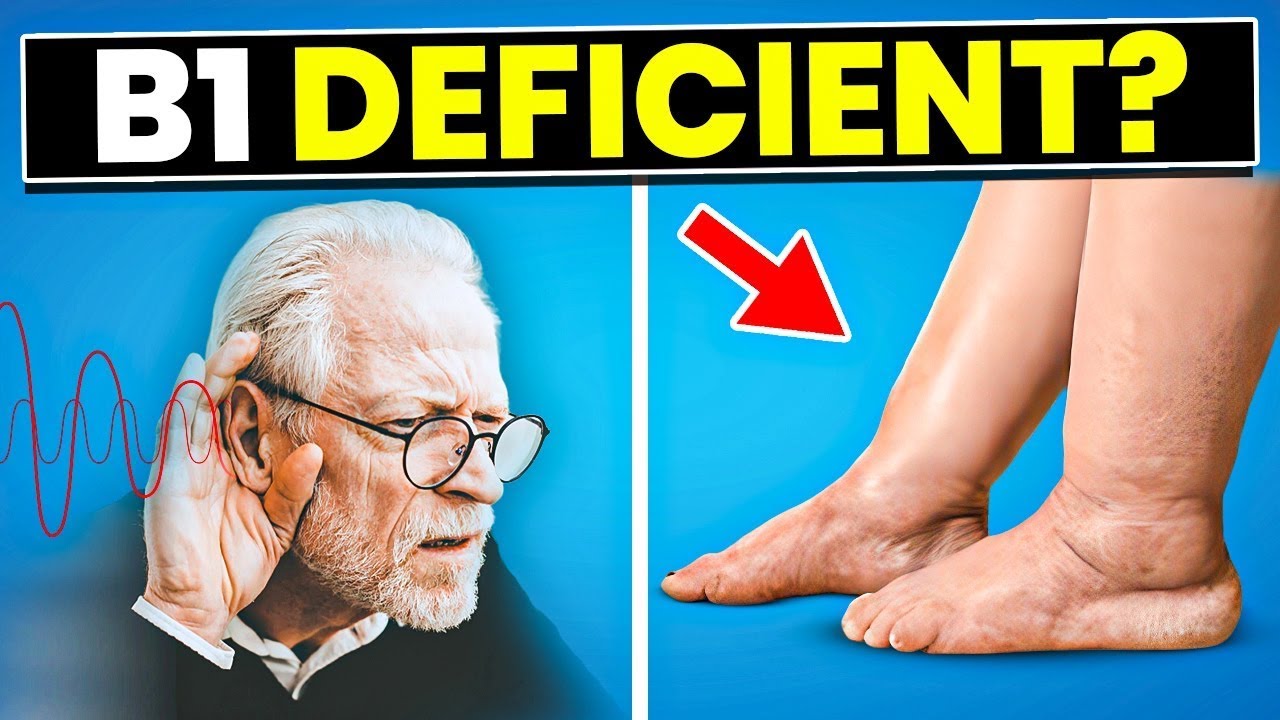
3. Dietary Sources and Deficiency Risks
Understanding where to get thiamine is essential for combating deficiency. Foods rich in thiamine include whole grains, pork, nuts, seeds, and legumes. However, there are groups of people—like the elderly or those with restrictive diets—who might be at risk. You know what they say: “You are what you eat!” If you rely heavily on refined grains, you’re missing out on vital nutrients, including thiamine.

4. Addressing Thiamine Deficiency: Recommendations and Solutions
Raising awareness about the importance of thiamine is key in our health journey. Public health campaigns can play a significant role in educating communities about balanced nutrition. It’s essential for healthcare providers to include thiamine screening during routine check-ups, especially for populations at risk.
Supplementation Considerations
If you find yourself among those at risk, consider thiamine supplementation. Brands like Nature’s Way and Solgar offer high-quality thiamine supplements that can bridge dietary gaps. However, always consult a healthcare provider for personalized advice and correct dosage. Remember, knowledge is power!
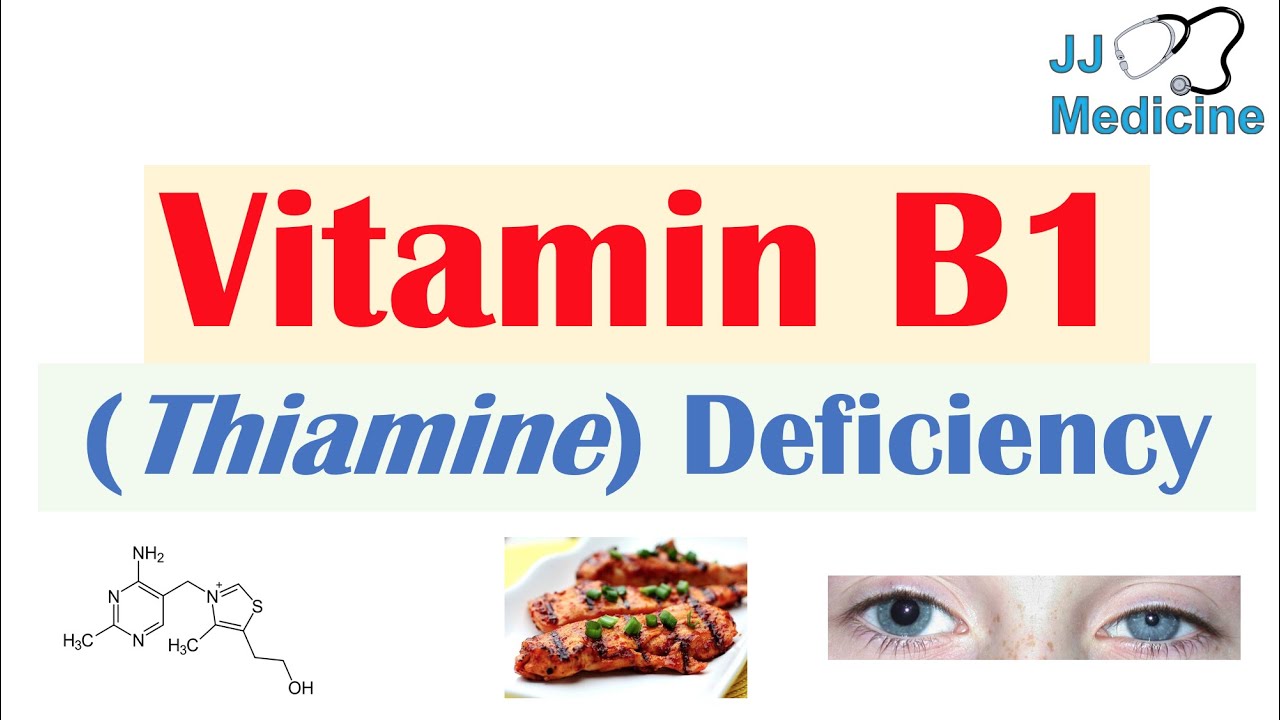
Innovative Takeaway
Thiamine deficiency is no small matter; it’s a health risk that highlights how interconnected our diet is with chronic conditions and overall well-being. A proactive approach can lead to better health outcomes across various demographics. So, as we stride into a future that encourages health consciousness, let’s give thiamine the spotlight it deserves.
Stay sharp, lift hard, and never underestimate the power of a well-balanced diet. You’re on your way to get shredded—one thiamine-rich meal at a time!
Thiamine Deficiency: Fun Trivia and Interesting Facts
What You Might Not Know About Thiamine Deficiency
Did you know that thiamine deficiency can lead to some pretty serious health issues, like Wernicke-Korsakoff syndrome? This condition is often seen in people with alcohol dependence and can manifest with symptoms such as confusion, memory problems, and muscle weakness. Crazy, right? It’s a harsh reminder of how essential thiamine, or vitamin B1, is for our bodies. Not only does it play a crucial role in energy production, but a lack of it can also lead to glycosuria, where glucose spills into the urine. That’s definitely a situation you’d want to avoid!
Speaking of everyday health, you might be surprised to find out that thiamine isn’t just vital for energy metabolism. It also supports the nervous system. Just think about it: a deficiency might feel like being in a fog, where your brain just doesn’t quite work as it should. Pop quiz for you—ever taken Cetirizine 10 mg tablet for allergies? Did you know that some antihistamines can also impair cognitive function? So, when thiamine levels dip, it can be like adding more fog to your mental landscape.
The Unseen Effects of Thiamine Deficiency
Thiamine deficiency can sneak up on you if you’re not careful. If you’ve got a diverse diet, you might take thiamine for granted. But did you know that certain groups are more at risk? People on restrictive diets or those with chronic illnesses, like diabetes, could be affected due to issues like malabsorption. And here’s something to chew on: using a monthly mortgage payment calculator doesn’t just help with your finances—it can remind you to include health in your overall well-being budgeting. Prioritizing nutrients is just as important as managing your bills!
Oh, and if you’re worried about pricey healthcare plans, remember that Medigap Plans cover gaps in Medicare, but they won’t help if you disregard your nutrient intake. Think of thiamine as the foundation of your health, much like a herculean hermes wallet that securely holds your financial assets. Skimping on it can feel harmless, but it may lead to serious complications later down the line, including conditions that affect your heart and mind. So, stay aware and keep that body fueled right!





